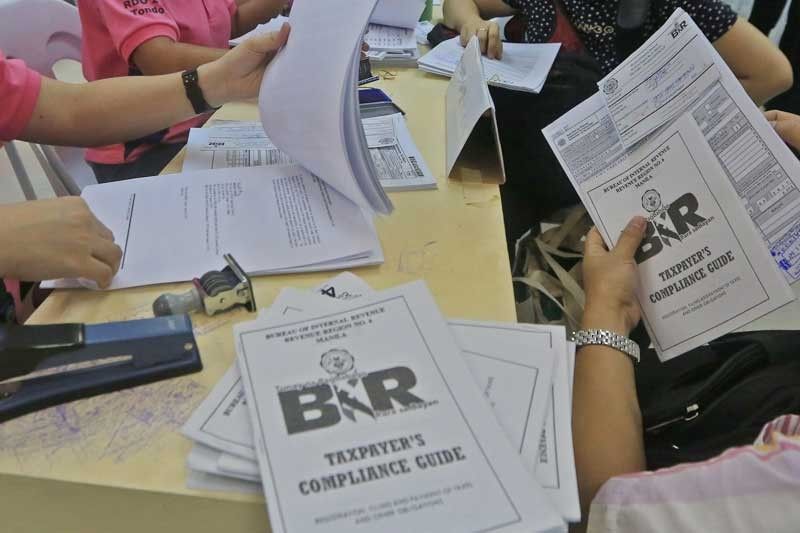House rejects DTI proposal on phaseout of tax incentives

MANILA, Philippines — The House of Representatives has rejected the proposal of the Department of Trade and Industry (DTI) for a longer phaseout period for unnecessary tax incentives.
Under the bill on reduced corporate income tax and rationalization of fiscal incentives, thousands of businesses with tax exemptions would continue enjoying such perks for two years to five years.
The DTI is proposing a transition period of 10 years. Secretary Ramon Lopez has said they would submit the proposal to the Department of Finance (DOF) and the Senate, since the House is almost done with its version of the bill.
The bill, otherwise known as the proposed Corporate Income Tax and Incentives Reform Act or CITIRA, was previously labeled as Tax Reform for Attracting Better and High-Quality Opportunities or TRABAHO.
“A longer transition period for current fiscal incentives will negate the positive effects of CITIRA in generating internal funds for new domestic investments, while the economy stands to sustain more losses from protracted impacts of unnecessary incentives,” Albay Rep. Joey Salceda, who chairs the House ways and means committee, said.
Salceda, who is also CITIRA’s principal author, said extending the tax perks of 3,150 businesses would have the consequence “delaying the reduction of corporate income tax for one million small and medium enterprises.”
“Small companies paying the current corporate income tax of 30 percent will benefit from CITIRA, compared to the more than 3,000 that pay zero to five percent tax because they are enjoying fiscal incentives. Therefore, it’s not right and it’s not good for the economy to delay the income tax reduction (from 30 percent to 20 percent over five years),” he said.
He added that small and medium enterprises are employing more workers than the big businesses.
Salceda pointed out the House has already given stakeholders enough opportunity to air their stand and submit their position papers.
“The DOF has done the same. In other words, we have afforded them the chance to make their case. If they failed to show that their request is for the common good, then we can only treat it as a private interest. Our guiding principle in policymaking is simple: better for the more, and the best for all. The DTI proposal does not hurdle that,” he stressed.
He added that the CITIRA bill “seeks to make the Philippines more competitive and to level the playing field for businesses through a gradual reduction of the corporate income tax from 30 percent to just 20 percent, and the rationalization and improvement of the fiscal incentive system.”
- Latest
- Trending
























